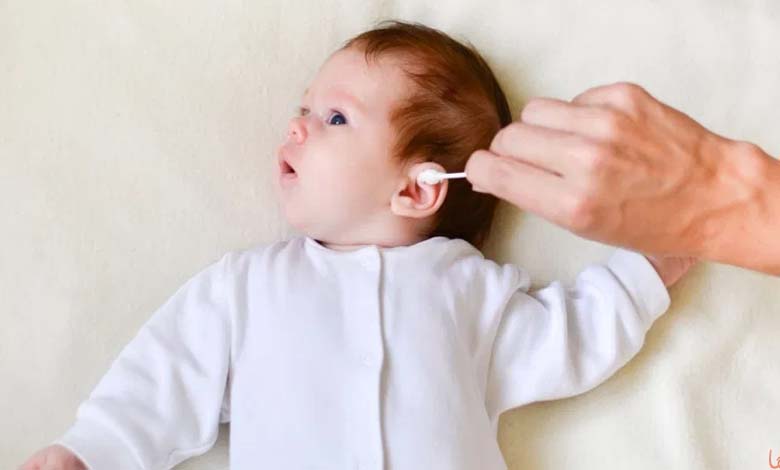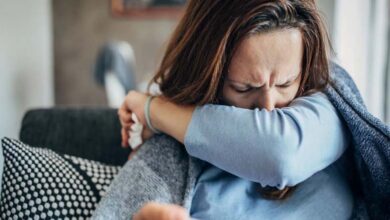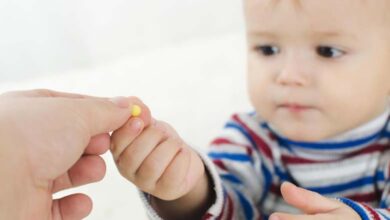Should You Regularly Clean Your Child’s Ears? Experts Provide Insight

Ear hygiene in children is a common concern for parents. Many families use cotton swabs or other tools to clean their child’s ears, believing it prevents wax buildup and infections. However, routine ear cleaning is not always necessary and can sometimes be harmful.
The Natural Role of Earwax
Earwax, or cerumen, is a natural substance produced by the ear canal. It serves several protective functions: it traps dust, bacteria, and other particles, preventing them from reaching the middle ear. It also moisturizes the skin of the ear canal and has antibacterial properties. Therefore, a certain amount of earwax is not only normal but essential for ear health.
When Is Cleaning Necessary?
Pediatricians and ENT specialists recommend cleaning only when wax accumulates excessively and causes symptoms such as:
- Discomfort or pain in the ear
- Temporary hearing difficulties
- Significant itching
- Recurrent infections
- In these cases, a healthcare professional can safely remove the wax without damaging the ear canal or eardrum.
The Risks of Excessive Cleaning
Frequent use of cotton swabs or sharp objects can lead to several complications:
- Pushing wax deeper into the ear, forming painful blockages
- Irritating or injuring the ear canal
- Perforating the eardrum, potentially causing infection and temporary hearing loss
Experts emphasize that the ear has its own self-cleaning mechanism. Wax naturally migrates outward with jaw movement and is removed during bathing.
Practical Tips for Proper Ear Hygiene
Instead of deep cleaning, focus on external hygiene:
- Clean only the outer ear with a soft cloth or damp washcloth
- Avoid cotton swabs or sharp objects inside the ear canal
- Consult a doctor in cases of pain, discharge, or hearing loss
Regular pediatric check-ups allow monitoring of ear health without invasive cleaning.
Conclusion
Routine cleaning of your child’s ears is unnecessary and may be counterproductive. Earwax serves a protective function, and the ear is self-cleaning. Limiting hygiene to the outer ear and seeking professional care when symptoms arise helps preserve your child’s hearing health while avoiding the risks associated with improper cleaning.












